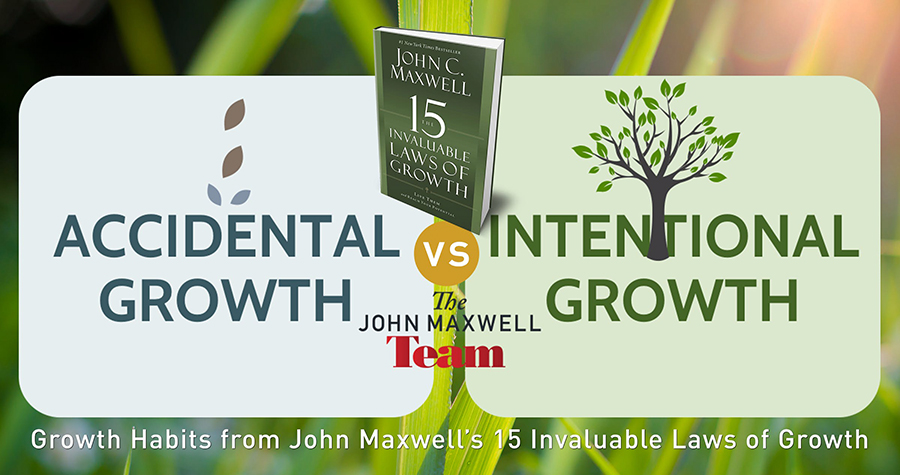Take any successful leader who has managed to achieve – and maintain – success, and you will find one common theme. It doesn’t matter what industry they’re in, who they lead or what they sell. This trait is a universal indicator of success. Look at where these leaders were last year and look at them today. All of these leaders will have grown personally and professionally. They will have accomplished a series of small tasks and at least one, if not more, larger tasks In addition, they personally will not be the same people they were a year ago. And, yes, the “year” is an arbitrary measurement, because the most successful leaders strive to grow and get better every month, every week and every day. It’s an active, conscious choice followed by a series of intentional actions in pursuit of a specific objective: being better.
“…make no mistake, this growth is not just about getting “more”… It’s about becoming your best version of yourself…”
But make no mistake, this growth is not just about getting “more” or climbing higher. It’s about “being” more and becoming your best version of yourself. The foundational purpose of growth is to make success and significance, both individual and collective, possible. Growing leaders have higher capacities for understanding others, connecting with others and influencing others. Their relationships are richer and more apt to develop into greater opportunities for everyone involved.
All of this sounds great, right?
So let’s get honest here. You’ve probably heard something similar to this before? Let me ask you, did it stick? Did you walk away from that encounter with a new awareness and a new way of thinking? Did you invest time to get better, personally and professionally? If you did, that’s great, let’s keep going! If you didn’t and you just thought about it with good intentions, without follow through. I get that, but sooner or later those internal and familiar excuses come calling. “I’m busy” or “we’re doing fine” or “why mess with success” … all the same “reasons” why this year is only incrementally more successful than last year. Well, if that’s you, then let me make a bold prediction. Six months from now we could be having the same conversation. Or not.
When a leader makes the choice to honor his or her commitment to be better, then follows through with that commitment, that leader will find themselves accomplishing what others have already written off as impossible. They may even find themselves doing something THEY thought was impossible.
These successful leaders have the same concerns we all share. They want their business to grow, and they want the people they influence to be better. They encounter similar challenges, but they understand it is often how a leader prepares for and responds to those challenges that determine success. For years now, I have been helping leaders discover how they would respond and, more importantly, where they need to grow in order to be even better prepared. Because, as John Maxwell says, “When opportunity presents itself, it’s too late to prepare.” You have to be ready in that moment. That’s what it means to be prepared for success.

Being Present in a Spirit of Harmony
Remember family road trips as a kid? Music and games and junk food. And, inevitably, arguing with your siblings in the back seat. Over toys, over space… over nothing. At some point, mom or dad turned around in their seat, threatening: “You’re pushing your...

Why Success Requires Bifocals
Ask anyone who has accomplished anything, and they will tell you achievement is the result of a long, challenging, and rewarding journey. One of the key dynamics in that success journey is finding the right balance between “seeing the big picture” and...

6 Questions to Help You Develop a Consistent Effective Personal Growth Plan
Here we are, already a month into 2019! Isn’t it amazing how fast the days go by? By now, if statistics prove out, most folks who made New Year’s Resolutions have already slipped up. They may feel discouraged and defeated… even more so than before they...

Debunking Myths About Millennials in the Workplace
If you have been a hiring manager or have been responsible for managing people for more than a decade, you may have noticed a difference in how your team members respond to traditionally accepted work rewards and incentives. Where pay, compensatory...


0 Comments